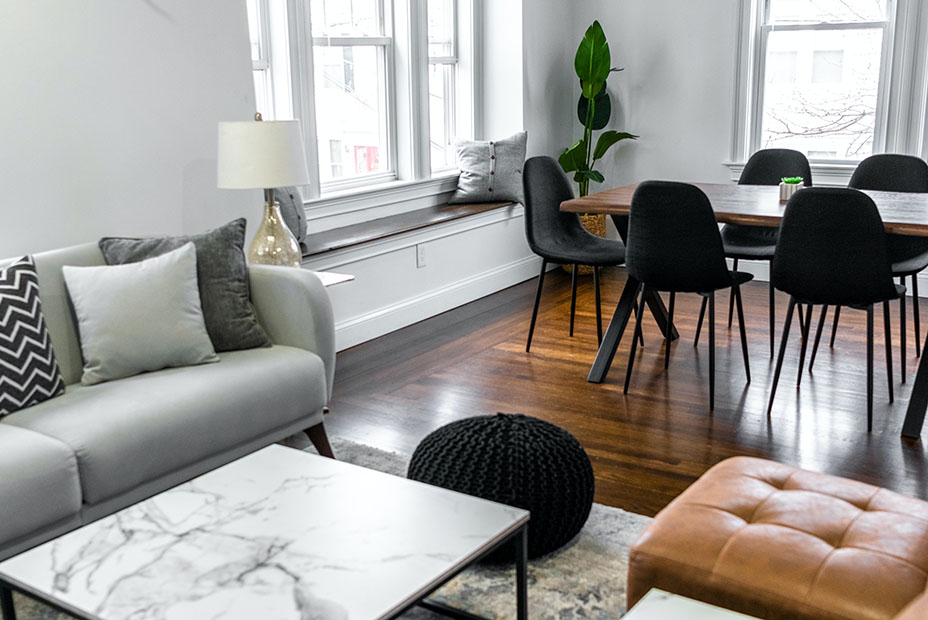Which services are generally used in hospitality marketing?
Strategy:
- Brand Development
- Campaign Planning
- Keyword Research
- Inbound & Outbound Marketing
- Customer Relationship Manager (CRM)
- Social Media Planning.
Audit
What do hospitality businesses generally set as goals?
- Increase in booking sales
It’s important to set attainable goals, so when looking at specific product sales increases there has to be a full understanding of how many people want or need that service. – a niche financial product for instance will not have the same level of interest as everyday accounting packages.
We won’t be talking about a specific business or hospitality marketing campaign in this case study.
All of our case studies are white labelled. We will happily sign NDAs (non-disclosure agreements) with our clients when working with them on their marketing. We never share specific details with anyone else, so rest assured where we have experience working with more than one client in any one industry sector, you’ll never know what we are exactly does for them or they for you. We only bring our experience and understanding of the sector with us, every solution is totally unique to each and every client.
We have worked with, and are still working with, a number of different businesses within any one industry space. Within the accountancy space we have been working with both general and niche product businesses primarily within the UK.
The wants and needs for the majority of hospitality business we have worked with have been generally the same; ‘we want more bookings in general’, ‘we want more booking at quieter and out of season times’ or a combination of the two.
The majority of hospitality businesses we have worked with understand the value of a customer so can easily equate our fees to ‘X’ number of bookings after costs to calculate additional profits generated by our campaigns.

Background:
A boutique hotel, located in a tourist hub, was facing challenges in attracting customers despite providing a unique and luxurious experience. The hotel approached social:definition to help them with a marketing campaign that would align with their business goals.
Onboarding:

Initial Consultation
An initial consultation was conducted with the hotel’s management team to gain a better understanding of their business goals, target audience, and marketing objectives.

SWOT Analysis

Ideal Customer Profile

Competitor Analysis
A competitor analysis was conducted to identify the hotel’s direct and indirect competitors. This analysis helped gain insights into their competitor’s strengths and weaknesses and identify areas where the hotel could differentiate themselves.

Keyword Research
Keyword research was conducted to identify the most relevant keywords for the hotel’s website. This research helped optimise the website’s content, meta tags, and descriptions for better search engine ranking.
By going through this process, a comprehensive hospitality marketing strategy was developed that aligned with the hotel’s business goals and target audience.
Website SEO Audit and Keyword Research

Technical Audit

Content Audit

On-Page SEO Audit

Off-Page SEO Audit
Based on the results of the website SEO audit, social:definition developed a comprehensive SEO strategy for the hotel’s website. This strategy included conducting keyword research to identify the most relevant keywords for the hotel’s website. This sounds like a simple task, but when looking to attract specific types of visitor, using the right keywords that put this hotel apart from other more generic hotels in the area is the key to success. The keyword research involved the following steps:
- Keyword Identification: The most relevant keywords for the hotel’s website were identified based on the hotel’s business goals, target audience, and competitor analysis.
- Keyword Analysis: Each keyword was analysed to determine its relevance, search volume, and competition level. This analysis helped identify the most valuable keywords to target for the hotel’s website.
- Keyword Integration: The identified keywords were integrated into the website’s content, meta tags, descriptions, and header tags. This integration helped the website rank better for these keywords in search engine results pages (SERPs).
By conducting a comprehensive website SEO audit and keyword research, social:definition was able to improve the hotel’s website’s search engine ranking, attract organic traffic, and provide a better user experience to website visitors.

Marketing Campaign
Based on the results of the onboarding process and website SEO audit, social:definition developed a comprehensive hospitality marketing campaign for the boutique hotel. This campaign involved the following steps:

Website Realignment

Social Media Campaign
A social media campaign was launched to target the hotel’s ideal customers. This campaign included creating and sharing high-quality content that highlighted the hotel’s unique experiences and local cuisine. The hotel’s social media accounts were optimised to reflect the hotel’s brand identity and messaging.

Search Engine Optimisation

Email Marketing
An email marketing campaign was developed to target the hotel’s previous guests and subscribers. The campaign included personalised messages that highlighted the hotel’s unique experiences and local cuisine.

Local Marketing
A local marketing campaign was developed to target the hotel’s local audience. This included creating local business listings, promoting the hotel’s events and promotions on local directories and websites, and collaborating with local influencers to promote the hotel.
Implementing a comprehensive marketing campaign helped the boutique hotel achieve significant results, including:
- Increased Website Traffic: The marketing campaign resulted in a 25% increase in website traffic within the first month. The bounce rate decreased by 10%, indicating that visitors were engaging with the website.
- Improved Search Engine Ranking: The hotel’s website ranking improved for the targeted keywords, resulting in a 15% increase in organic traffic.
- Increased Social Media Engagement: The social media campaign resulted in a 20% increase in followers and engagement on the hotel’s social media accounts.
- Increased Occupancy Rates: The hotel’s occupancy rates during the off-season increased by 10% compared to the previous year.


In Conclusion:
social:definition’s marketing campaign helped the boutique hotel achieve its business goals by targeting the ideal customers and aligning the website with their needs.
The SEO audit and keyword research helped improve the website’s search engine ranking and attract organic traffic.
The social media campaign helped increase engagement with the hotel’s ideal customers, resulting in increased occupancy rates.
The marketing campaign resulted in modest to high results and helped the hotel establish itself as a unique and luxurious destination for personalised experiences.
Need Some Help or Would Like to Discuss How We Could Help you with Your Next Campaign?
If you would like to find out more about how we can help with your hospitality businesses marketing give us a call on 02080 883 464, 02080 883 466 or complete the form for a call back or email:
